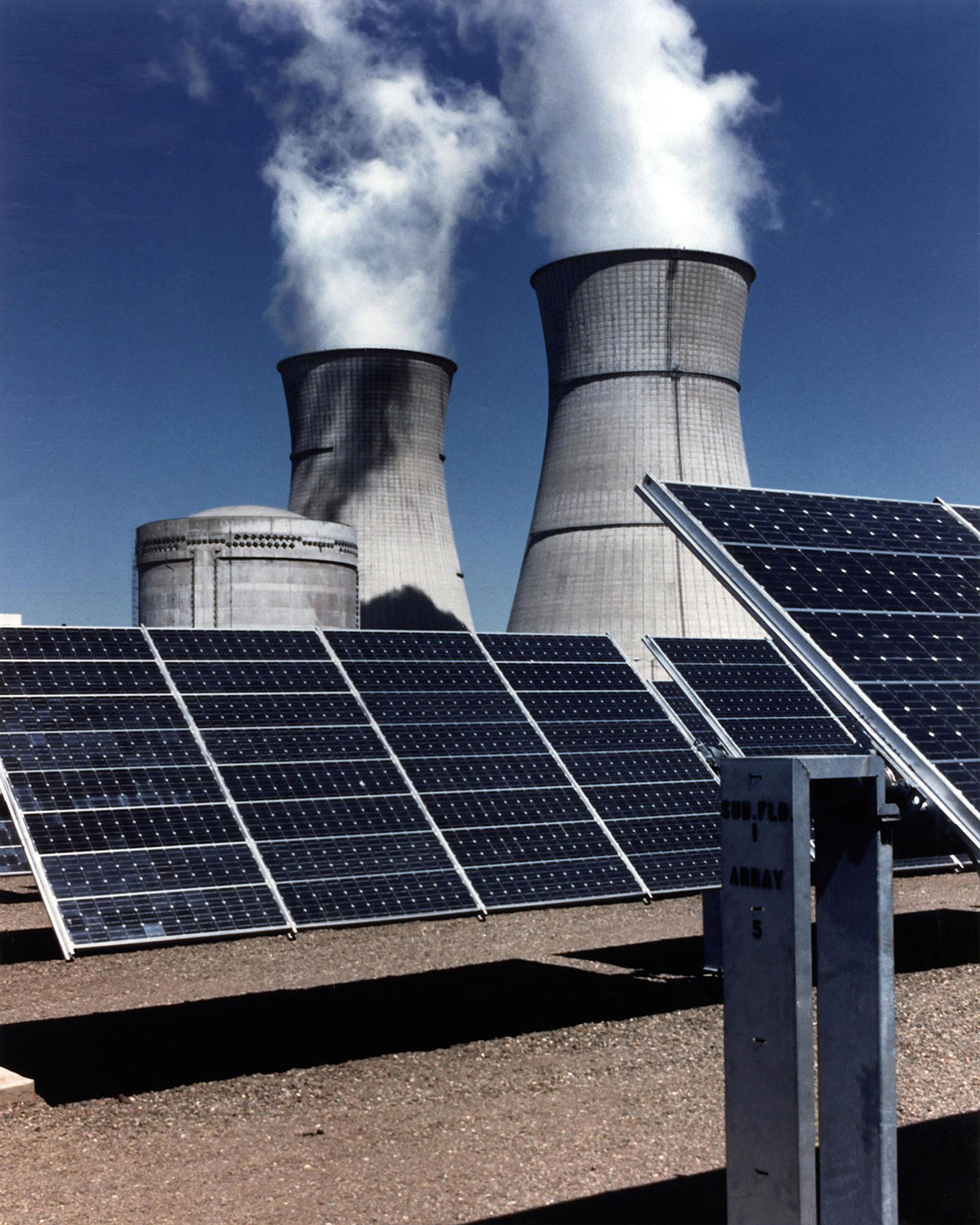
Clean Energy Technologies: Powering a Sustainable Future
Clean energy technologies are pivotal in the global shift towards sustainability, offering environmentally friendly alternatives to traditional energy sources. This article explores the significance of clean energy technologies, their diverse applications, and their role in shaping a sustainable future.
Importance of Clean Energy Technologies: Addressing Climate Change
Clean energy technologies are crucial in addressing the pressing issue of climate change. By harnessing renewable sources such as solar, wind, hydro, and geothermal power, these technologies significantly reduce greenhouse gas emissions. This shift towards cleaner energy is a fundamental step in mitigating the impacts of climate change and creating a more sustainable world.
Diverse Applications: From Solar to Wind and Beyond
Clean energy technologies encompass a broad spectrum of applications. Solar technologies, including photovoltaic cells and solar thermal systems, harness the power of the sun. Wind turbines convert wind energy into electricity, while hydropower utilizes the force of flowing water. Geothermal technologies tap into the Earth’s internal heat. This diversity ensures that clean energy can be harnessed in various environments and geographical locations.
Advancements in Solar Technologies: Efficient and Accessible Energy
Solar technologies have experienced significant advancements, making them more efficient and accessible. High-efficiency solar panels, thin-film solar cells, and innovations in solar storage systems contribute to the widespread adoption of solar energy. These advancements enhance the economic viability of solar technologies and make them increasingly attractive for residential, commercial, and industrial applications.
Wind Turbines: Harnessing the Power of the Wind
Wind turbines have become iconic symbols of clean energy production. Advances in wind turbine design, including larger blades and improved aerodynamics, have increased energy capture and efficiency. Offshore wind farms have emerged as a promising frontier, capitalizing on strong and consistent winds over the open seas. These developments underscore the versatility and scalability of wind energy.
Hydropower Innovations: Sustainable Electricity from Flowing Water
Hydropower remains a reliable source of clean energy, and innovations continue to enhance its sustainability. Run-of-river hydropower systems minimize environmental impact by allowing river water to flow freely. Fish-friendly turbine designs and habitat restoration efforts further showcase the commitment to balancing energy production with ecological preservation.
Geothermal Energy: Tapping into the Earth’s Heat Reservoirs
Geothermal energy utilizes the Earth’s heat stored beneath the surface. Enhanced geothermal systems (EGS) and geothermal heat pumps are among the evolving technologies making geothermal energy more accessible. This renewable source provides reliable and continuous power, demonstrating its potential as a baseload energy contributor.
Grid Modernization: Enabling a Smarter Energy Infrastructure
Clean energy technologies drive the modernization of energy grids. Smart grids integrate advanced sensors, communication networks, and automation, enabling real-time monitoring and efficient energy distribution. This intelligent infrastructure supports the integration of diverse clean energy sources, improves reliability, and enhances overall grid resilience.
Energy Storage Solutions: Overcoming Intermittency Challenges
Clean energy technologies are complemented by advancements in energy storage solutions. Batteries, pumped hydro storage, and emerging technologies like flow batteries enable the storage of excess energy generated during peak production periods. This stored energy can be released during times of high demand or when renewable sources are not actively producing power, addressing the intermittency challenge.
Policy Support and Investments: Accelerating the Clean Energy Transition
Governments and businesses play a pivotal role in accelerating the adoption of clean energy technologies. Supportive policies, incentives, and investments create an environment conducive to the growth of renewable energy. Public-private partnerships drive research, development, and widespread implementation, fostering a transition towards a clean and sustainable energy landscape.
Clean Energy Technologies for a Sustainable Future
To explore more about the transformative impact of clean energy technologies, visit Clean Energy Technologies. This comprehensive resource provides insights into the latest developments, innovations, and initiatives driving the global transition towards clean and sustainable energy. Embracing these technologies is essential for a brighter, greener, and more sustainable future.


